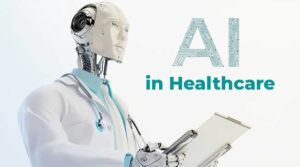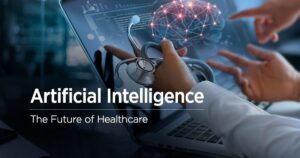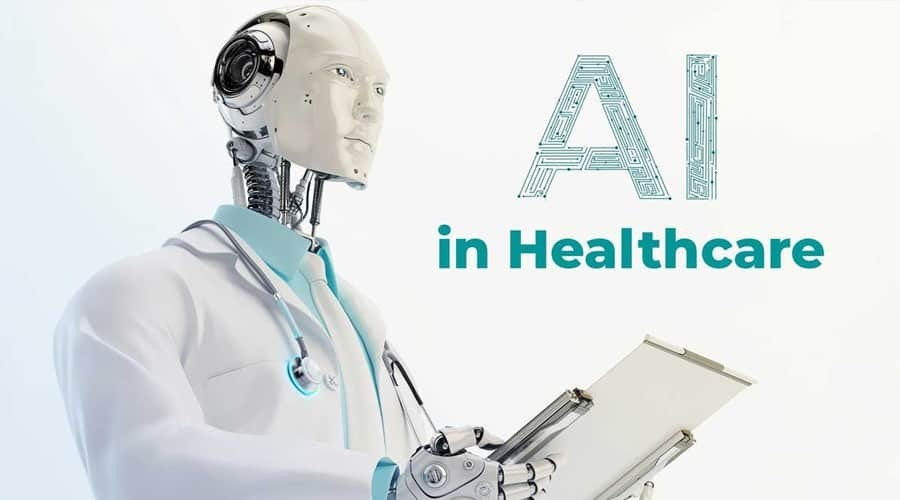The Ethical Implications of AI in Healthcare
Artificial Intelligence has taken over various sectors and the health sector is not an exception in this case. It needs to be said that the possibilities of using AI in the sphere of healthcare have no limits for now, ranging from providing effective diagnosing and treatment processes all the way to planning and organizing various administrative work. The unanswered question on artificial intelligence that has been causing people sleepless nights is on key ethical issues that have to be addressed.

One of the ethical issues regarding artificial intelligence in the healthcare system has to do with bias. Research has noted that artificial intelligence systems are trained on large datasets and if they contain biases the artificial intelligence system also becomes biased. A good example is on the case if the AI is fed with many white patients information it will be biased to people of other color. This could be a big disadvantage in the healthcare sector.

Privacy and data security are other ethical concerns that I think are of great risk in telecommunication companies. The basis of many artificial intelligence systems is to collect and analysis large amounts of patient information. Besides, this raises concerns on vulnerability of personal data and its exploitation in different ways. From my point of view it is so important to implement or put in place data protection measures that safeguard patient privacy and maintain trust in healthcare systems.

Remarks
While concluding I would like to bring out the ethical question of accountability. If an error occurs in artificial intelligence systems, then who is blameworthy? Who will be accountable? Is it the AI developer, the healthcare provider who owns the AI system, or the patient? For accountability purposes, guidelines should be set to make sure that the patients are protected and the artificial intelligence systems are used responsibly.
WRITTEN BY: AMEDICC.COM
PHOTO CREDIT: GOOGLE.COM
